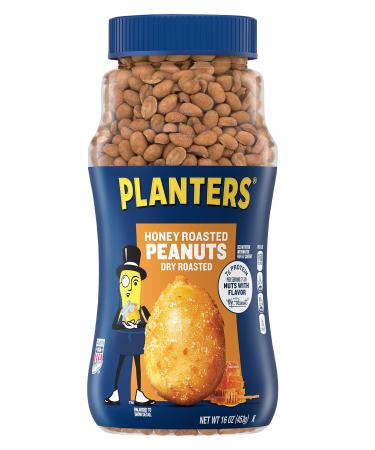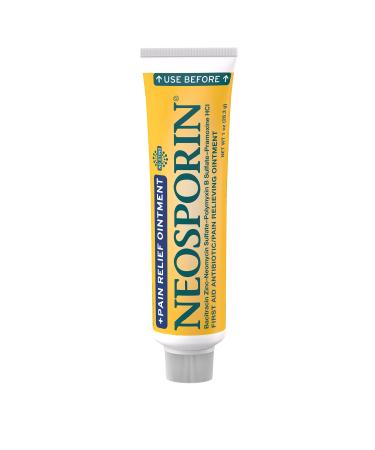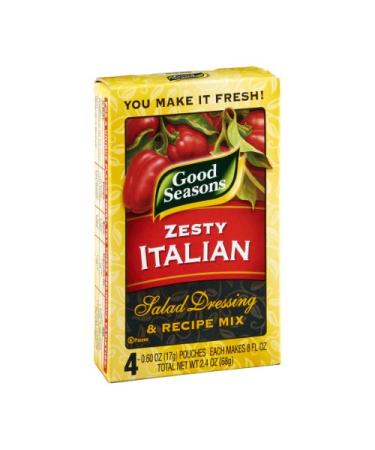Coconut flour is a fine, soft powder made by grinding dried coconut meat into flour. It can be used in a variety of recipes as a substitute for wheat flour, but only up to around 20 percent or so. In other words, you can't make a baked good using 100 percent coconut flour. It's usually made from the coconut meat that is leftover after manufacturing coconut milk. It has a soft, powdery texture and white color, as well as a distinct flavor and aroma of coconut. That means it might work in certain recipes where the flavor of coconut will be acceptable, but not in others. And of course, if you don't care for the flavor of coconut at all, then this flour substitute might not be for you. Also, when cooking with coconut flour, you can't expect it to behave in the same way as a conventional wheat flour, or even a gluten-free flour. That's because ordinary flours, whether they're made from wheat or some sort of gluten-free grain like rice, sorghum, or corn, are all primarily starch, so they absorb liquid like starch, gelatinize like starch, and bind with proteins such as eggs in more or less the same way. Coconut flour, on the other hand, is a starch-free food, though it does contain carbohydrates and fiber. Coconuts are a type of fruit called drupes. Other drupes include mangos, apricots, cherries, olives, and peaches. The "meat" of the coconut is the endocarp of the fruit, which is analogous to the fleshy segments of an orange, or the fibrous part of an apple at its core. Because coconut flour is made from dried fruit, it has a tendency to absorb more water than grain flours or even nut flours.GOOD FOR YOUR HELTH. NATURAL PRODUCT. 10KG. High quality premium product.




![Stewart Freeze Dried Dog Treats Made in USA [Single Ingredient Puppy and Dog Training Treats - Grain Free Natural Dog Treats] Resealable Tub to Preserve Freshness - Buy Online on GoSupps.com](https://www.gosupps.com/media/catalog/product/cache/25/small_image/375x450/9df78eab33525d08d6e5fb8d27136e95/6/1/61gwbbixarl._ac_sl1500_.jpg)








